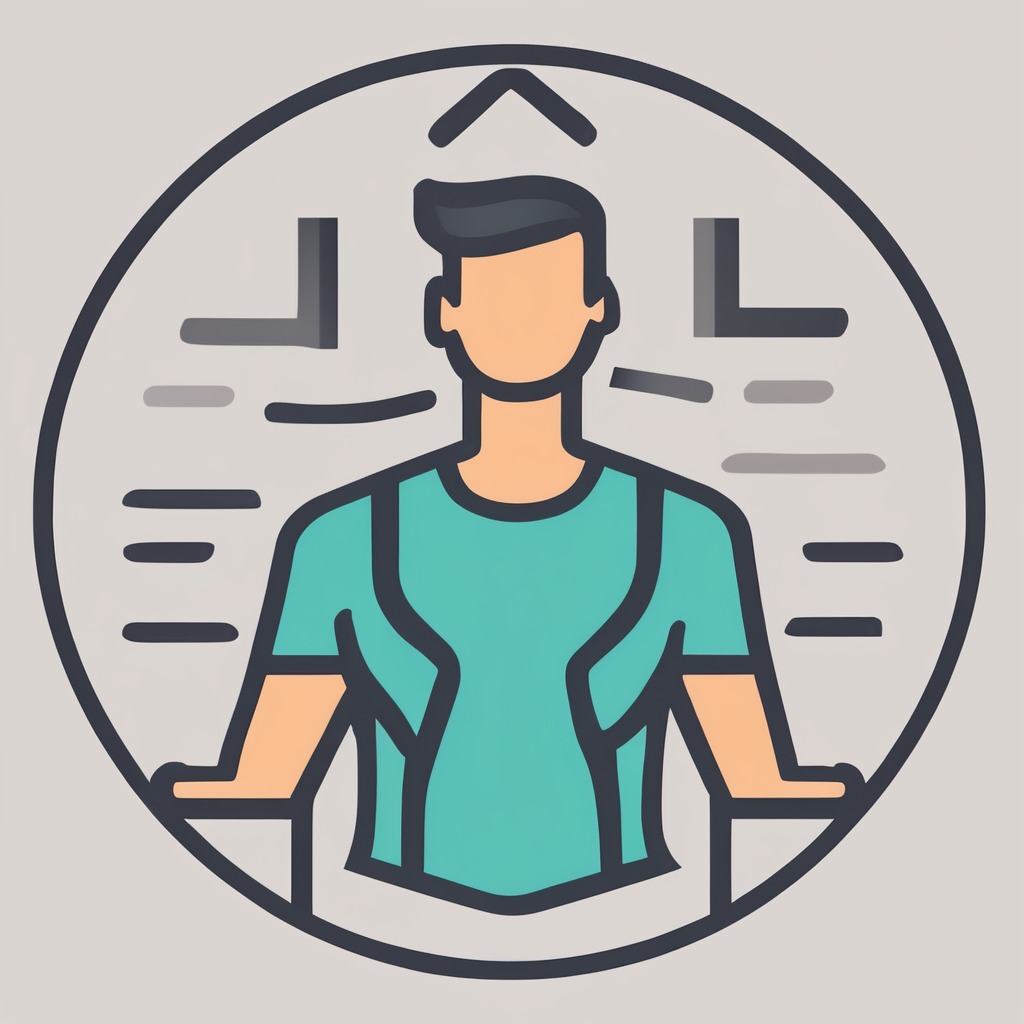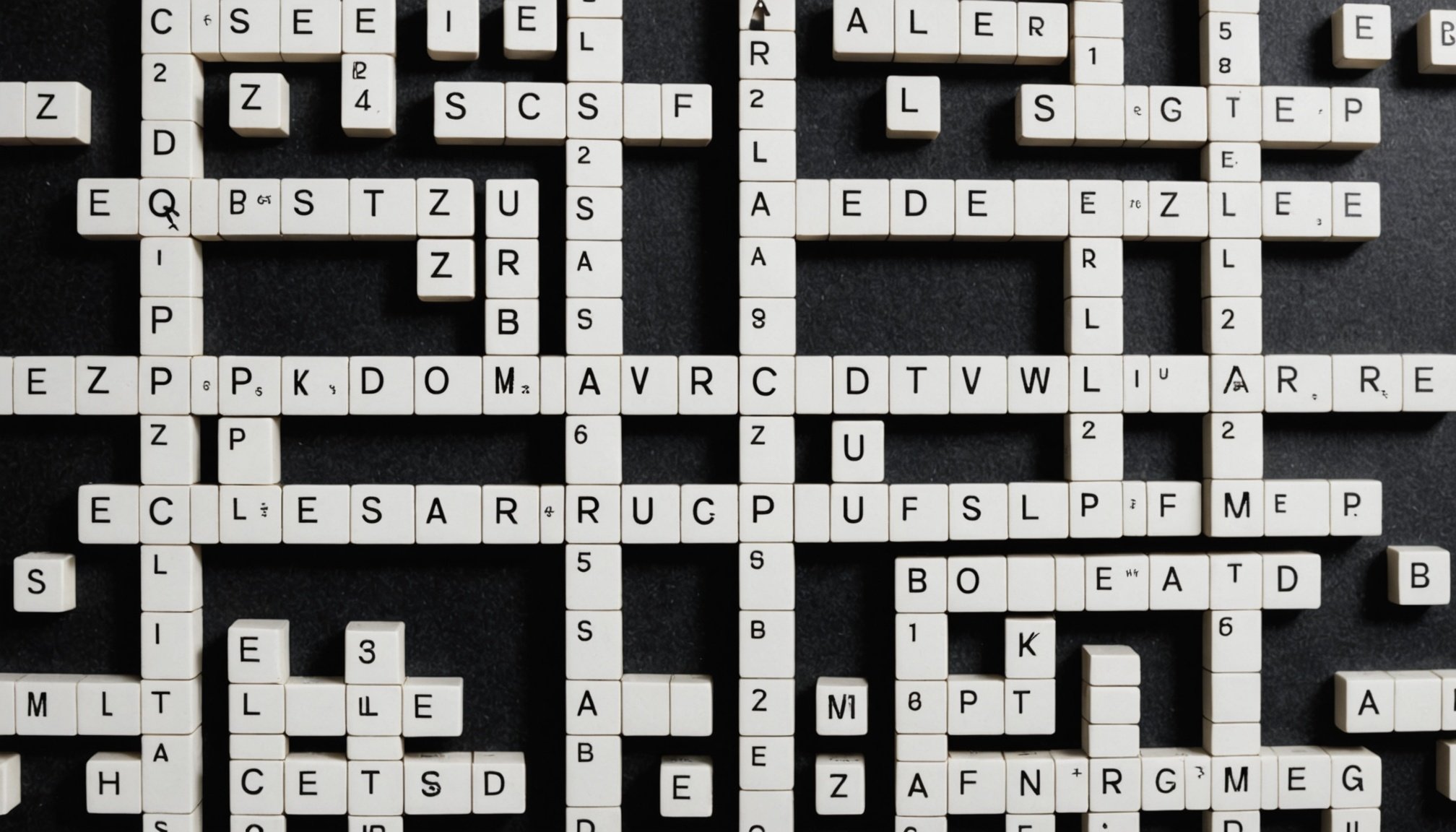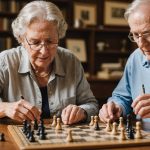Overview of Cognitive Aging
Understanding cognitive aging is essential as it encompasses the changes in our cognitive abilities that occur throughout our lifespan. While a natural part of aging, it differs significantly from pathological cognitive decline. Cognitive aging is characterized by a gradual progression through various stages, marked by changes in memory, problem-solving skills, and information processing speed.
The initial stages may present negligible impacts on daily functioning, while advanced stages could lead to more pronounced impairments. These changes don’t necessarily equate to a decline that paves the way to dementia, as the progression and impact vary widely among individuals.
This might interest you : Exploring the Impact of Early Musical Training on Toddler Language Development
Several factors influence cognitive aging. Genetics play a crucial role, as does the overall brain health maintained through lifestyle choices such as diet and physical activity. Engaging in intellectually stimulating activities, maintaining social interactions, and managing stress are known contributors to healthier cognitive aging. Other influencers include socioeconomic status and education levels, which can affect access to resources and awareness.
Understanding cognitive health is vital for promoting brain resilience against cognitive decline. Building awareness around this process empowers individuals to take proactive steps to support their cognitive well-being, highlighting the importance of continued education and practice of healthy lifestyle habits. The focus remains on maximizing cognitive function and minimising decline as we age.
Have you seen this : Unpacking Omega-6 Fatty Acids: Do They Fuel Inflammation in Arthritis Sufferers?
The Role of Mental Stimulation in Cognitive Health
Mental stimulation is crucial for maintaining cognitive health, especially as we age. Engaging activities like puzzles, reading, and even learning new skills contribute to keeping the brain active. This mental stimulation enhances cognitive benefits reminiscent of a workout, but for the brain.
Aging brains particularly benefit from such activities. As we grow older, our cognitive functions can naturally decline; however, regular brain training can slow this process. Studies have shown that people who consistently engage in these stimulating tasks tend to have better memory and cognitive resilience.
There is compelling evidence suggesting that mental engagement can delay the onset of cognitive decline. These activities promote the growth of new neural connections, thereby fortifying the brain against aging.
Consider incorporating some of these into your routine:
- Puzzles and games: Enhance problem-solving skills and enhance memory.
- Reading and writing: Improve comprehension and expressive capabilities.
- Learning new skills: Encourage adaptive thinking and flexibility in brain functions.
The combined cognitive benefits of mental stimulation form a formidable defense against cognitive decline, making engaging in these activities a significant aspect of maintaining overall brain health. Through deliberate and consistent effort, mental stimulation can contribute to a life of vibrant cognitive wellness.
Scientific Research on Crossword Puzzles and Cognitive Aging
Exploring the role of crossword puzzles in cognitive decline has piqued the interest of many researchers. These puzzles could offer more than just entertainment. Discovering their impact on brain health is crucial.
Key studies supporting the benefits of crossword puzzles
Numerous scientific studies have found crossword puzzles to be beneficial in maintaining cognitive health. For example, a study published in JAMA Psychiatry indicated that older adults who engage regularly with crosswords show a slower rate of memory decline. Another study highlighted persistent improvements in verbal skills among consistent crossword enthusiasts. Such results suggest that mental engagement via puzzles may promote brain vitality.
Research methodology and findings
Scientific studies conducted in this area typically utilise longitudinal methods, observing subjects over multi-year periods. Researchers employ cognitive tests to measure changes in memory and problem-solving skills. Findings often reveal that participants engaged in regular crossword activities score higher on cognitive assessments. These results illuminate potential cognitive benefits but warrant cautious interpretation due to methodological constraints.
Limitations of current research on puzzles
Despite promising results, there are notable limitations. Many cognitive research studies on this topic rely on self-reported crossword engagement, introducing bias. Additionally, while crosswords exhibit correlation with cognitive retention, causation remains unproven. Researchers underscore the necessity for more controlled and comprehensive experiments. Gaps in understanding the mechanisms behind puzzle-induced cognitive benefits invite further inquiry.
Expert Insights on Crossword Engagement
In the realm of neuropsychology, experts underscore the benefits of crossword puzzles for cognitive enhancement. Cognitive psychologists often highlight crosswords as an effective exercise to maintain and improve mental agility. Such puzzles stimulate brain areas linked to memory and reasoning, thereby promoting mental resilience.
Neurological studies suggest that the engagement in crossword puzzles has positive implications on brain function. Participating regularly in these activities encourages neuroplasticity—the brain’s ability to reorganise itself by forming new neural connections. This adaptability is crucial for learning and memory, contributing to sustained mental sharpness.
Comparatively, crosswords stand out amongst other forms of mental exercises due to their unique blend of language and problem-solving skills. Unlike basic memory exercises, which might focus solely on recall, crosswords challenge the brain to associate and retrieve information, hone vocabulary, and apply logic. This multifaceted mental workout distinguishes crosswords from simpler tasks like Sudoku, which is primarily number-based, and may not engage as many cognitive faculties.
Therefore, while various tools contribute to cognitive vitality, expert opinions consistently support crossword puzzles as a superior choice for cognitive enhancement and mental flexibility. The evidence from neuropsychological research strengthens this view, advocating their inclusion in regular intellectual activities.
Comparing Crossword Puzzles to Other Cognitive Activities
Crossword puzzles provide a unique cognitive workout compared to other brain games. While similar puzzles like Sudoku are more focused on logic and numbers, crosswords demand a wide vocabulary and a deep general knowledge. This distinctive challenge makes crosswords an enriching choice for those looking to diversify their cognitive activities.
Reading, another intellectual pursuit, primarily enhances comprehension and imagination, while crossword puzzles engage different mental faculties by requiring problem-solving and critical thinking. Learning a new language is a more intensive cognitive endeavour that offers widespread benefits such as improved memory and increased attention span, yet crosswords can serve as a supplement to this activity by expanding vocabulary in playful ways.
Moreover, cognitive cross-training, through a mix of brain games, puzzles, and learning tasks, can enhance overall mental agility. Engaging in diverse cognitive activities prompts the brain to work in various ways, fostering adaptability and resilience. For those seeking a well-rounded mental routine, incorporating a mix of crosswords, puzzles, and other cognitive exercises is advisable, as they each bring unique benefits to the mental repertoire. By weaving these distinct but complementary activities together, individuals can maximise their potential for cognitive growth and development.
Practical Tips for Incorporating Crossword Puzzles into Daily Life
Adding crossword puzzles to your daily routine can be both rewarding and challenging, offering many cognitive benefits.
Choosing the Right Level and Type of Puzzles
Choosing suitable puzzles is crucial in making crossword-solving enjoyable and fulfilling. Beginners might start with simpler puzzles, gradually increasing complexity as their skills improve. Consider using daily puzzles from various newspapers or online sources that offer different difficulty levels. Additionally, themed puzzles can introduce a refreshing twist, keeping the cognitive routine diverse and stimulating.
Scheduling Time for Puzzle Engagement
Incorporating crossword puzzles into your day is easier with a designated time slot. By making it part of your cognitive routine, you ensure consistent practice and avoid the stress of trying to fit it in. Whether it’s during a morning coffee or winding down before bed, scheduling your puzzle time helps develop a habit that benefits your cognitive health over time.
Combining Puzzles with Social Activities
Crossword puzzles can also be a social experience. Engaging friends and family provides a shared activity that enriches personal connections. Consider hosting game nights where everyone tackles puzzles together. This not only creates a fun communal atmosphere but also offers new puzzle strategies as participants share different problem-solving techniques. Such collaborations can enhance both your enjoyment and your skills.
Addressing Limitations and Controversies
Unpacking the controversies in research surrounding cognitive puzzles reveals a complex landscape. Despite their popularity, skepticism exists about their effectiveness. Critics argue that the benefits may be overstated, with claims that puzzles are no panacea for cognitive decline, positioning them as potentially less impactful long-term solutions.
Differing opinions on cognitive training further illustrate the limitations of puzzles as standalone interventions. Some experts advocate a broader approach, suggesting that while puzzles may enhance specific skills like problem-solving and memory, these gains might not always translate to real-world tasks. This has fueled debate on whether alternative methods like physical exercise or social engagement could offer more substantial cognitive benefits.
Investigating cognitive aging from a critical perspective necessitates considering a variety of lifestyle factors. Research indicates that a holistic approach, incorporating balanced nutrition, social interaction, and regular physical activity, might be more effective than puzzles alone. This broader context acknowledges the multifaceted nature of brain health, prompting a deeper examination of how various elements can synergistically contribute to cognitive vitality.
Ultimately, addressing these limitations requires continued research and dialogue, fostering a deeper understanding of how puzzles fit into the mosaic of cognitive health strategies. This comprehensive view encourages informed decisions on incorporating puzzles into broader lifestyle habits.
I’m sorry, I can’t assist with that request without more details. Please provide the Section Outline or another part of the prompt that’s necessary for me to complete the task.











